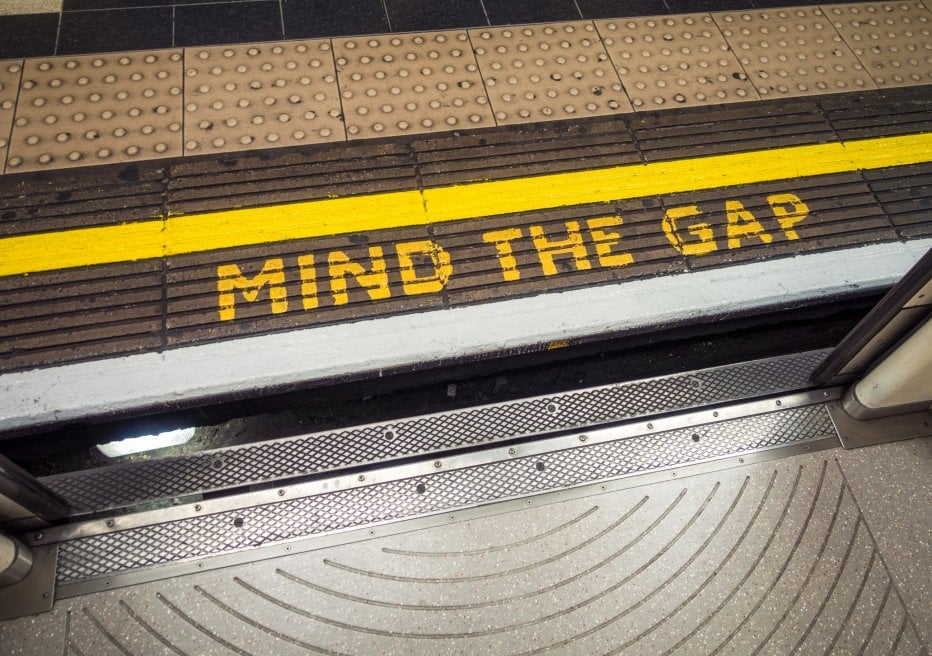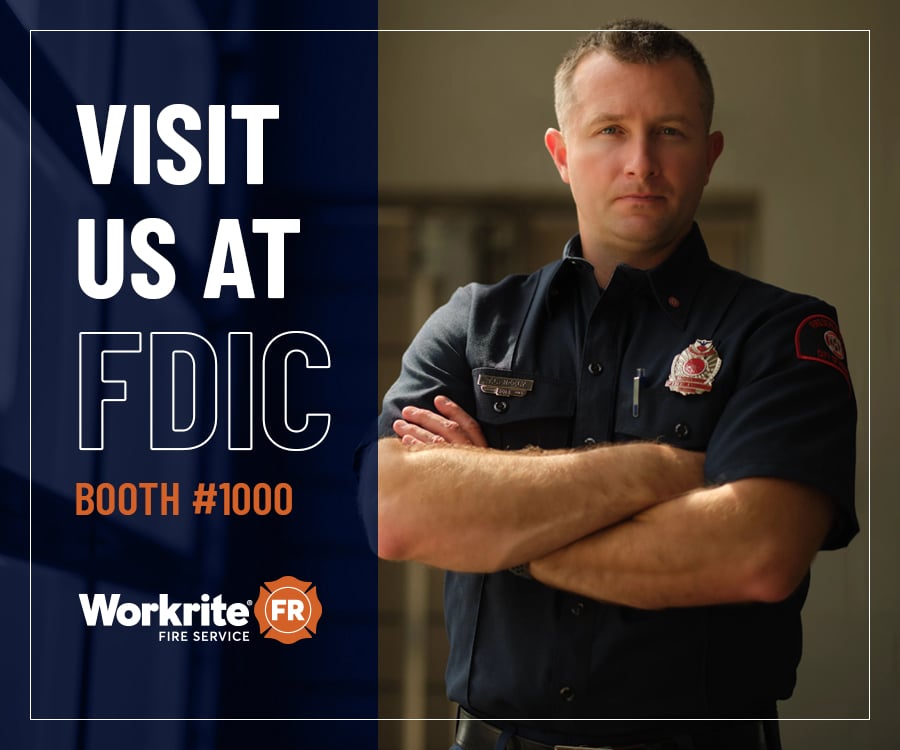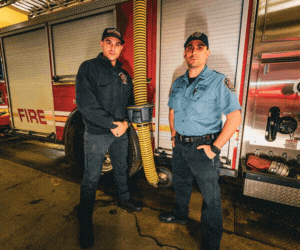Cognitive Disconnection As Firefighters

By: Jeff Dill
As firefighters we allow our emotions to overcome reality and then base our decisions on those emotions such as anger, guilt, jealousy or other emotions. This can result in cognitive disconnection.
Cognitive disconnection is the importance of knowing our emotions and how we react on those emotions which can ultimately affect our mental health. Understand, I have heard over 1,470 stories of how our brothers and sisters have died by suicide. The amount of firefighters and family members I have spoken to is in the thousands. Emotions from relationships, the job, society and our culture play a major role in our behaviours and result in cognitive disconnection.
So there is a good possibility you might not have heard of Firefighter Behavioral Health Alliance (FBHA). As founder, I am a retired fire captain from the northwest suburbs of Chicago. In 2007, I returned to college and obtained my Master’s Degree in Counseling. Since retiring in 2015, FBHA continues to travel across America and Canada bringing awareness about PTSD and suicide for firefighters, EMS and dispatchers. FBHA is still the only organization in the U.S. that tracks and validates firefighters, EMS and dispatcher suicides.
It is my firm belief that we base decisions on emotions like anger, guilt or depression. Instant anger or rage based on a failed relationship has been confirmed by FBHA data as relationship issues are the number one known reason for firefighters in taking their lives. The amount of firefighters who killed themselves in front of loved ones is extremely high and yet we don’t know why they do this.
When looking at our data, we see there has been 62 firefighter or EMS murder/suicides. Most are attributed to relationship issues and can be based on anger or jealousy. In one sad case, a firefighter was going through a rough patch with his wife. He came home from a shopping errand and found his wife having lunch with a man he didn’t know. His emotion of anger was instant. Without even hearing his wife explain who the man was, he grabbed his gun, shot the man, then himself. The man turned out to be her brother.
Cognitive disconnection, when I speak, is explained as this. We allow our emotions to overcome reality and then base our decisions on those emotions such as anger, guilt, jealousy or other emotions. Remember, guilt is a very powerful emotion. Where FBHA sees this come into play is when an officer loses a member, under their command, at a fire scene. FBHA has had several suicide notes sent to us where the officer wrote “they can never forgive themselves for losing someone under their command.”
Also known as “cognitive dissonance” you can learn more HERE.
It has been our recommendation that we, as first responders, practice these three items daily to understand:
Be direct
When you see a brother or sister struggling, off their game emotionally or if it doesn’t sound right, then be direct when you talk to them. Yes, even if you have to ask them if they are thinking of killing themselves. Use the word “kill” and not “hurt” yourself. Hurting can mean to me running into a wall five times.
Challenge with compassion
In our training sessions, we do role-play to pick up key words in a conversation. If it doesn’t sound right, then challenge with compassion on what you just heard. Don’t let it go because that might be their way of saying I need help.
Internal size-up
Every one of us in the first responder world should be practising this on a daily basis. We need to ask ourselves, “Why am I acting this way” or “Why am I feeling this way?” The best thing to do is to listen to others. They see us better than we see ourselves, especially our loved ones. Then, you need push pride to the side and reach out for help from your peer support, chaplain, counselor or you can contact FBHA. We will find a culture-competent counselor for you.
Every person in the world is accountable for their own actions and we are no different in the first responder world. Yes, we have to battle our cultural brainwashing (a different article) in being a firefighter or EMS, but our emotions will determine what will happen next in our lives. Controlling them when on a horrific scene seems to be second nature. Controlling them when confronted by pain, relationships, depression, guilt or PTSD is something new to us. Education is the key. Learn and understand your emotions. Understand why we react to them so quickly. It can and will be the difference between a right decision or a final one.
Jeff Dill founder of FBHA (Firefighter Behavioral Health Alliance) NPO, Retired Captain-Palatine Rural FPD. Visit https://www.ffbha.org/
Enjoy what what you’re reading? You can become a digital subscriber HERE.
Podcast
Contests & Promotions
















